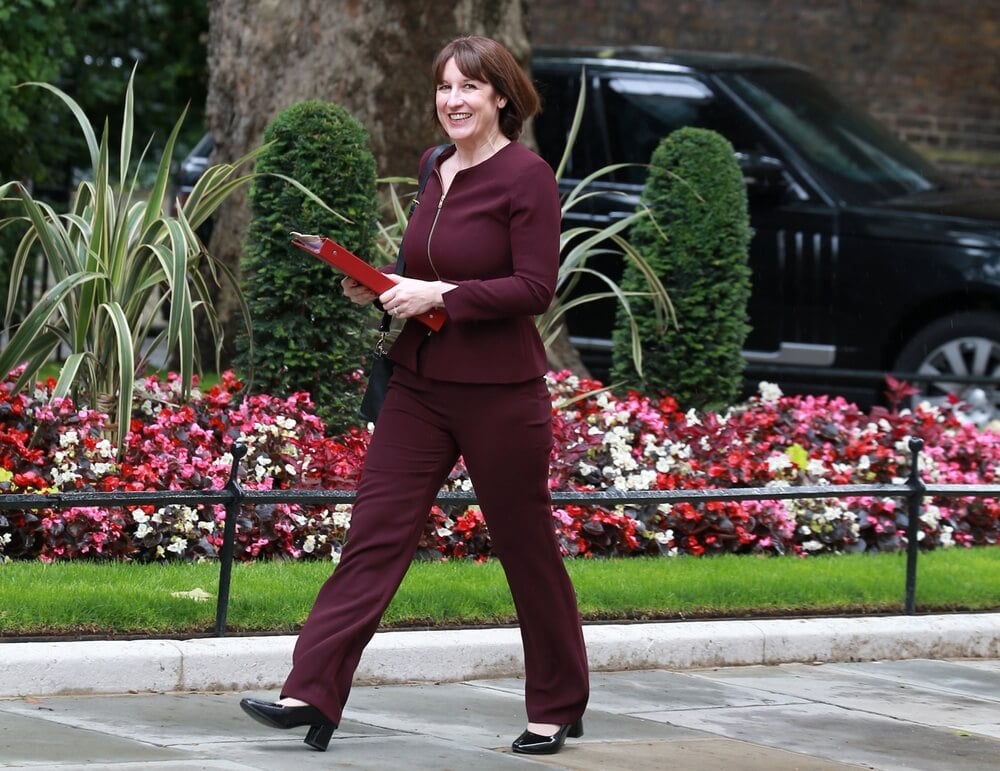In a novel political strategy, the UK's new government seems to be actively courting unpopularity by scrapping a universal fuel subsidy for pensioners despite opposition from left and right.
Prime Minister Keir Starmer acknowledged his government was “going to have to be unpopular” as MPs prepared for this week’s vote on the cut.
With a bullet-proof parliamentary majority, the government pushed through the measure, defeating an opposition motion to scrap it by a comfortable 120 votes.
However, with abstentions by up to 50 Labour MPs, concerned about the impact of the cut on the elderly poor, party dissent on the issue represented an unwelcome setback for Starmer so early into his term.
Despite potential Labour dissidents facing suspension if they defied the leadership, one opted to vote with the opposition. He was joined by five MPs already suspended from the party over an earlier benefits revolt.
War on pensioners
In his barely two months in office, Starmer has frequently stressed the difficult and potentially unpopular decisions required to fix the fiscal mess he says the country inherited from his Conservative predecessors.
His prediction that things will get worse before they get better can be viewed as a realistic approach to assessing the challenges confronting the incoming government.
But while there may be some virtue in this doom and gloom approach to describing the current state of the nation, Starmer risks appearing tone deaf to the priorities of many of those who voted him into office. Few will have imagined that pensioners above the breadline would be near the top of his hit list.
Whatever the economic justification for the measure, Labour MPs being bombarded by warnings of the vulnerable elderly freezing at home this Christmas was not a good look.
Starmer might have foreseen the backlash against a fuel subsidy measure
Even sympathetic commentators suggest Starmer expends more effort on describing the obstacles on the road to recovery than what voters, pensioners included, can expect to find at the end of it.
He might have foreseen the backlash against a fuel subsidy measure that was almost inevitably branded as a ‘war on pensioners’ by the Conservative opposition.
More significant was the disquiet of many Labour MPs who worried that not enough thought had gone to the impact on lower income pensioners who would lose out. Reservations were expressed even by those MPs who ended up voting with the government.
Fiscal black hole
Introduced by a Labour government in 1997, the annual winter fuel payment of up to £300 was automatically disbursed to some 10 million pensioners, regardless of their overall income.
Limiting it to poorer pensioners who already receive additional means-tested benefits will save the treasury some £1.4 billion, a minimal share of the £22 billion fiscal ‘black hole’ that the government says it inherited from the outgoing Conservatives.
The government had previously confirmed it would retain existing measures that make state pensions inflation-proof. It insists that those entitled to extra financial assistance will not lose out.
Successful pressure by opposition parties for a parliamentary debate on the fuel payment issue appeared to be inspired as much by a desire to expose divisions on the Labour side as by concern for the welfare of pensioners.
Critics of the fuel payment curb have also included leaders of the trade union movement who unsuccessfully urged the government to back down.
 Rachel Reeves is expected to announce measures that will target the better-off along with spending cuts that will potentially affect everyone
Rachel Reeves is expected to announce measures that will target the better-off along with spending cuts that will potentially affect everyone
The head of the Labour-affiliated Unite union, Sharon Graham, accused the government of picking the pocket of pensioners while leaving the richest “totally untouched”.
Addressing the annual conference of the Trades Union Congress on the day of the parliamentary vote, Starmer stuck with the script on the difficult decisions ahead but did not touch directly on the fuel payment controversy.
He received a polite but somewhat muted reception. But the mood of the conference was best summed up by a heckler who shouted: “Tax the rich”.
Their turn will likely come in Chancellor Rachel Reeves’ budget at the end of October when she is expected to announce measures that will target the better-off along with spending cuts that will potentially affect everyone.
Starmer’s low rating
The fuel payment controversy is likely to further impact Starmer’s low rating in opinion polls. A YouGov survey at the end of last month put his negative rating at 56 per cent, back where it was before a temporary post-election uptick in July.
Starmer has done well to avoid the kind of false promises that marked some of his Conservative predecessors’ time in power. But he may be in danger of accentuating the negative in his project to restore the country’s fortunes.
As the government launches multiple ‘resets’ of the UK’s international relationships, it might already be time to have a reset closer to home
It is early days and Starmer’s leadership is not in peril. However, as the government launches multiple ‘resets’ of the UK’s international relationships, it might already be time to have a reset closer to home.
Starmer and his top ministers should perhaps be more responsive to the concerns of their backbenchers who, on the pension issue, did not appear to be involved in any deliberate effort to undermine him.
To have them and the public on side, a little more positivity might help.